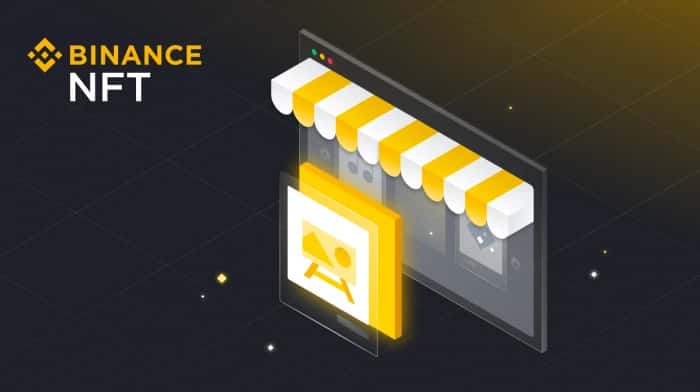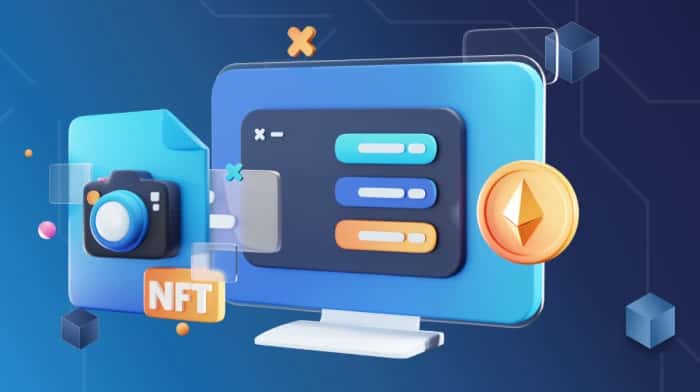
Introduction
Blockchain technology drives a fundamental transformation of the iGaming industry because the crypto gambling market grew from $50 million in 2019 to reach an estimated $250 million in 2025. The market has expanded at a rate of approximately 38% annually throughout the last five years.
The online gaming industry has transformed from its previous state of uncertainty regarding fairness and delayed payments into a transparent and efficient system. Blockchain technology has established itself as a transformative power that will define the future of online gaming through its cryptographic verification and decentralized ledgers and instant cross-border transaction capabilities.
The Evolution of Trust in iGaming
Online gambling faces trust as its fundamental ongoing challenge. Blockchain technology delivers complete solutions which effectively solve these enduring problems.
Traditional Trust Issues
Online casinos encountered major criticism during the early 2000s because of three main issues:
- •Rigged games
- •Delayed payouts
- •General lack of accountability
Players lacked any assurance about the fairness of results or operator control over game outcomes. Consumers had to depend entirely on brand reputation at regulated establishments because transparency was extremely limited.
Blockchain as the Solution
The immutable record-keeping capabilities of blockchain establish verifiable trust through its system. The distributed ledger system enables players to verify both fairness and legitimacy by documenting all outcomes and transactions. Research shows that provably fair gaming systems implemented by 77% of crypto casinos have increased player trust and community trust within the industry.
The majority of crypto casinos (77%) now use provably fair gaming systems which enable players to check game fairness independently through cryptographic verification.
Provably Fair Gaming: Transparency Revolutionized
Blockchain gaming relies on transparency as its base while provably fair systems drive this transformation. The innovative systems transform the way players connect with online games.
Understanding Provably Fair Systems
The provably fair system allows players to check that game results stay free from manipulation by any entity including casino operators. Through sophisticated cryptographic hashes, players can:
- •Examine their pre-game seed
- •Review game results
- •Confirm the integrity of their gaming experience in real-time
Implementation Across Game Types
The first on-chain provably fair experiences became available through dice and card games. The technology has since expanded to include:
- •Slots
- •Roulette
- •Live dealer games
EGBA reports show that licensed operators processed 22% of their betting transactions through on-chain settlement during 2023 whereas this figure was only 3% in 2021. The data shows how quickly players have started adopting verifiable fairness.
Payment Revolution
The payment systems for gaming platforms have experienced significant changes. Blockchain technology functions as a key element which improves both speed and flexibility to support this evolution.
Modern Payment Benefits
Blockchain payments deliver:
- •Superior speed
- •Cost-effectiveness
- •Enhanced privacy
Industry analysts forecast that cryptocurrencies will capture half of online gambling transactions during the next five years. Blockchain-based iGaming has become more attractive to worldwide users because crypto transactions complete in seconds or minutes.
Diverse Payment Options
The gaming industry has evolved beyond its traditional payment methods which included bank transfers and credit cards. The modern blockchain gaming platform provides users with multiple payment choices.
- •E-wallets
- •Prepaid solutions
- •Mobile payments
- •Cryptocurrencies
The flexible payment system of iGaming allows it to expand its customer base across the world especially targeting regions where traditional banking systems do not operate.
Ready to Experience Blockchain Gaming?
The future of online gaming will feature transparent operations through secure instant crypto payments and provably fair systems. The worldwide iGaming revolution is underway.
Smart Contracts and Automated Operations
Smart contracts function as a transformative blockchain technology which improves iGaming operations. The self-executing contracts transform all aspects of the sector through automated game logic and payout processing.
Eliminating Intermediaries
The traditional casino industry depended on manual procedures together with external systems to manage payment transactions and bonus distributions. Players needed to wait longer periods because third-party vendors experienced delays or made errors. The automatic execution of smart contracts occurs when specific conditions become fulfilled thus removing these inefficiencies.
Enhanced Security and Efficiency
The decentralized nature of smart contracts operating on ledgers makes them virtually resistant to alteration or manipulation. This ensures:
- •Instant payouts
- •Automatic bonus releases
- •Near-complete elimination of fraud risk
The implementation of blockchain gaming technology leads operators to achieve better operational efficiency while reducing their overall expenses which stands as a major benefit of this technology.
Smart contracts become unchangeable after their deployment on the blockchain. Before using any blockchain gaming platform you must verify both the contract code and terms to guarantee security and fairness.
Decentralized Gaming Platforms
The iGaming industry benefits from blockchain technology which creates new business models that go beyond payment processing and fairness verification.
Community-Owned Casinos
The implementation of Decentralized Autonomous Organizations (DAOs) enables casinos to become community-owned businesses. The platforms enable player communities to take control of operations while distributing profits among members instead of depending on single operators.
Player Governance and Revenue Sharing
The token holders of these platforms obtain two main benefits:
- •Voting rights for operational decisions
- •Participation in revenue-sharing models
The system establishes a partnership-based framework which distributes both advantages and disadvantages between operators and players.
Blockchain Gaming Market Growth (2019-2025)
| Year | Market Value (USD) | Growth Rate (%) |
|---|---|---|
| 2019 | $50 million | - |
| 2020 | $69 million | 38% |
| 2021 | $95 million | 38% |
| 2022 | $131 million | 38% |
| 2023 | $181 million | 38% |
| 2025 | $250 million | 38% |
Challenges and Future Outlook
The adoption of blockchain technology remains in development because it encounters multiple obstacles.
Regulatory Considerations
The regulatory environment for blockchain gambling differs substantially between countries across the world. The crypto casino industry receives support from Malta and Curaçao but other jurisdictions maintain a defensive stance. Operators need to maintain a proper balance between their innovative approaches and regulatory compliance to achieve sustainable growth.
Technology Scalability and Adoption
The growing adoption of blockchain gaming by players requires businesses to solve their transaction speed and scalability issues. The gambling market shows no indication of slowing down since it generated $81 billion in gross gaming revenues during 2025 which represents a five-fold increase from 2022. The industry tackles scalability issues through active implementation of Layer-2 solutions and cross-chain integration systems.
Conclusion
The iGaming market experiences an unprecedented transformation through blockchain technology. Blockchain technology has disrupted conventional trust systems and payment methods while building an environment that puts players first. The future of iGaming innovation will be led by blockchain technology because of its advancing smart contracts and decentralized platforms and provably fair systems.
The expansion of blockchain influence in the industry will become more pronounced when scalability improves and regulatory frameworks adapt. The evolving system will establish a safer, more efficient, and inclusive ecosystem that benefits players worldwide.


